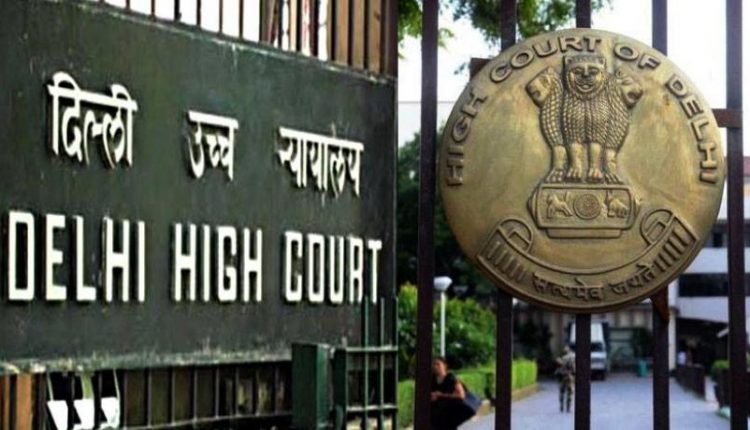The Delhi High Court, in a hearing on May 17, 2019, extended its interim stay on the ban imposed on Electronic Nicotine Delivery Systems (ENDS), commonly known as vapes, until the next hearing scheduled for August 22, 2019. Earlier, on May 16, a two-member bench led by the Chief Justice rejected the Central Government’s appeal against the stay.
The Court upheld the view that ENDS cannot be classified as “drugs” under the Drugs and Cosmetics Act, 1940, and therefore cannot be regulated or banned under this legislation. This position was first stated by Justice Vibhu Bakhru in March 2019 while hearing a writ petition filed by importers.
Background:
In August 2018, the Ministry of Health and Family Welfare advised states to ban sales, trade, manufacture, import, and promotion of ENDS.
Several directives and letters followed, including from CBIC and DGHS, seeking enforcement under the Drugs and Cosmetics Act.
Multiple states and union territories have imposed bans based on this Act.
Current Status:
The government has been granted time till July 1, 2019, to file a counter-affidavit.
Petitioners will respond after four weeks, with the interim stay continuing till August 22.
Courts have found the government’s attempts to ban ENDS under the Drugs and Cosmetics Act legally untenable in the absence of specific legislation.
Need for Regulation Instead of Ban:
ENDS are widely considered a reduced-harm alternative to traditional cigarette smoking, with global studies suggesting they are at least 95% less harmful. With over 1.35 million annual tobacco-related deaths in India, experts recommend regulating rather than banning ENDS to ensure safety, quality, and controlled access, especially for adult smokers.
Globally, 34 of 36 OECD countries have established regulations covering marketing, labelling, manufacturing standards, and youth access restrictions. Countries like the UK and US have reported declines in smoking rates following regulated availability of ENDS.


.jpg)